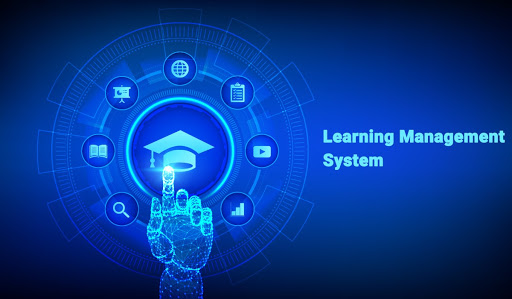10 ways Artificial Intelligence transforms higher education experience

Artificial intelligence in higher education improves student engagement and makes the classroom experience a lot more enriching than before. AI provides tools to improve student competencies and discover new learning frontiers.
There are a number of ways in which AI is pioneered and applied to help shape the next generation of more personalized learning and responsive teaching. AI has the potential to dramatically change the way students seek jobs and employers discover them to boost graduate employability.
Here are some of the ways AI tools will shape and redefine the educational experience in higher education:
1. Automate college recruitment, prevent dropouts and improve student retention
Artificial assistants will ask questions to applicants, answer questions of applicants, keep applicants apprised of the status in real-time, schedule interviews with prospects, and automatically make updates with no human involvement.
2. AI-powered intelligent recommendation engines for search and retrieval
Advanced search algorithms with best-in-class relevance, accuracy, and filter options for students to find learning goals, courses, schedules, etc. from a huge pool of data. Intelligent recommendation engines discover data patterns on demand from students and produce the outcomes that co-relate to their needs in their courses and degree requirements.
3. Intelligent student experience with curriculum mind mapping
AI automatically generates a mind map of the curriculum, lesson plan, schedules, course materials, teaching standards, assessments, and graduate attributes with the student learning outcomes to improve efficiency, save costs and deliver a better student experience.
4. Dynamic Scheduling can improve faculty efficiency
Automatic planning and scheduling of courses relieve the workload burden of faculties. A powerful scheduling algorithm brings flexibility to solve scheduling problems and conflicts quickly and also helps instructors to work out their rotational teaching assignments smoothly.
5. AI for teaching: Augmenting and enhancing human capabilities
There are various instructional methods and learning styles in educational institutions to help students develop critical thinking and problem-solving capabilities. Artificial intelligence in higher education uses intelligent tutoring systems to control the instructional process, identify and close the gaps in students’ knowledge of the subject, and boost students’ performance.
6. Enhanced AI tools to enhance student’s learning interactions
Artificial intelligence in education can track learning activities accurately when students are more likely to forget information and send automatic reminders for knowledge retention. AI technology and innovation can substitute instructors with real-world tutoring to improve students’ learning, reduce the teaching loads and assist in their professional development.
7. Automate the grading process with good results
Instructors often find that grading assessment is time-consuming which could be effectively used for classroom activities and collaborative communication with students. AI in higher education can take over manual assessment and grading tasks using automatic grading algorithms and question libraries for all types of tests and quizzes and make rapid improvements in assessment.
8. Student evaluations of courses made smart
Evaluation of student assessments is a huge task for faculties. AI-based tools and processes improve course quality and the efficiency rate of instruction dramatically. Machine-learning algorithms allow institutions to collect feedback on courses and instruction from thousands of students quickly replacing paper-based feedback with AI systems.
9. Highly personalized learning experiences to meet student’s unique needs
AI offers entirely autonomous, interactive self-paced learning to provide flexibility and achieve learning excellence. AI is becoming more viable and the progress of students can be measured autonomously from anywhere, anytime, and on any device. A variety of techniques such as slides, videos, simulations, quizzes, etc. are used to maximize learning engagement. Chatbot technology and artificial intelligence in higher education offer flexible instruction and help learners achieve their goals.
10. Learning analytics provide real-time feedback to instructors
In the networked digital era amid the proliferation of smart devices and the surge of Big Data and Analytics, AI-powered smart machines can think intuitively and make intelligent sense of the vast academic data to help administrators. Get a real-time dashboard for identifying the effectiveness of teaching and learning, evaluate student performance based on test scores and help them develop 21st-century non-cognitive skills.
Future-proof student’s careers in the age of AI
AI will dramatically change the way students seek jobs and employers discover them to boost graduate employability. Resume parsing and matching & merging technology enables companies to read and match resumes and find the right talent.
Artificial intelligence has the potential to radically transform the way teachers teach and students learn, and may just change about everything about higher education.



